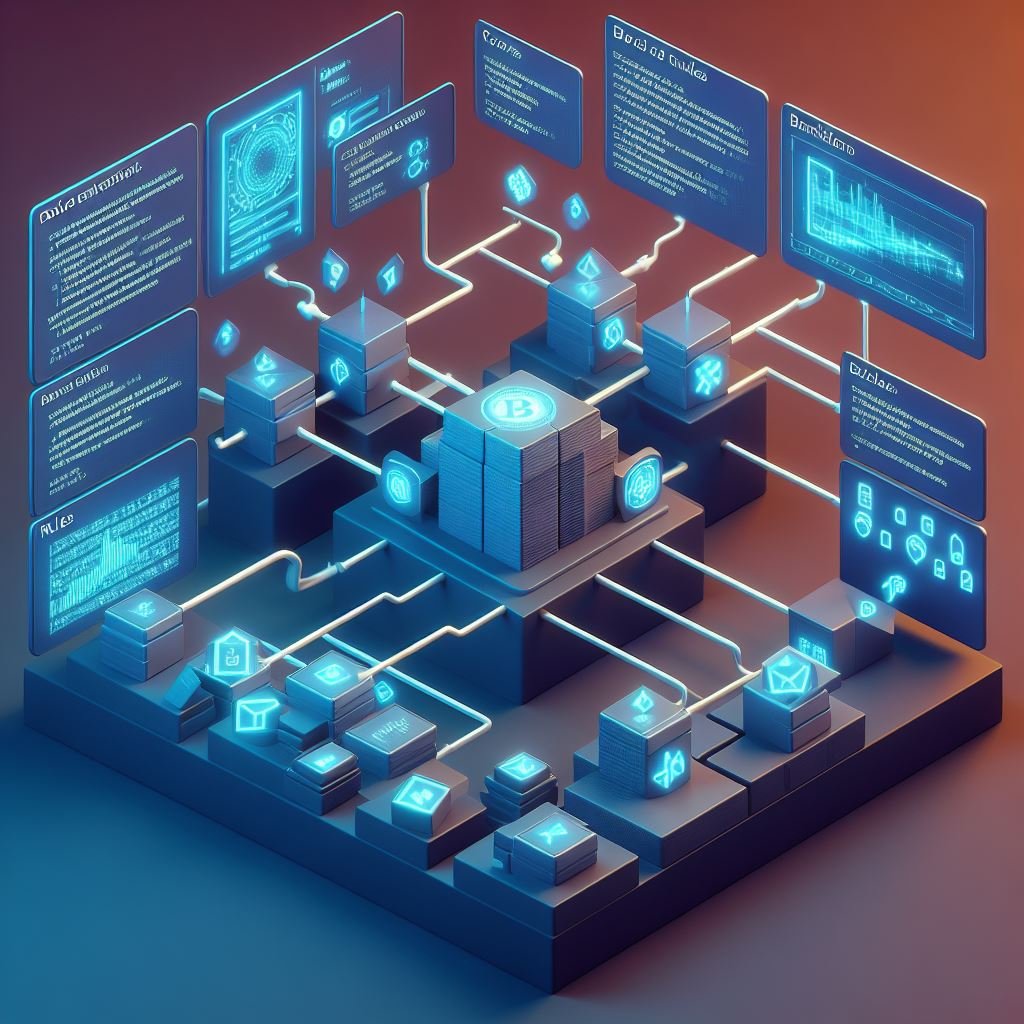Introduction
Smart contract, the backbone of blockchain technology, revolutionize traditional agreements by automating and self-executing contracts. These self-executing contracts leverage the power of decentralized systems to ensure transparency and efficiency.
How Smart Contracts Work
Delving into the mechanics of smart contract, we explore the cryptographic principles and decentralized nature that make them tamper-proof and secure. The inherent trust in the code eliminates the need for intermediaries in various transactions.
Benefits of Smart Contracts
This section highlights the advantages of using smart contract, such as reduced costs, faster execution, and increased transparency. The focus on efficiency is paramount, with real-world examples showcasing the transformative impact on industries.
Challenges and Solutions in Smart Contract Implementation
Examining potential hurdles in the adoption of smart contract, this section provides insights into security concerns, legal implications, and interoperability issues. Strategies and solutions for overcoming these challenges are explored.
Smart Contracts in Action
Illustrating the versatility of smart contract, this section explores their applications in diverse sectors, including finance, supply chain, and healthcare. Case studies demonstrate how this technology is reshaping industries and enhancing operational processes.
The Future of Smart Contracts
Looking ahead, we delve into the evolving landscape of smart contract, exploring emerging trends such as cross-chain interoperability, integration with Internet of Things (IoT), and the potential impact of quantum computing.
Smart Contracts and Decentralized Finance (DeFi)
A specialized focus on the role of smart contract within the rapidly growing decentralized finance space. Explore how smart contracts enable automated financial services like lending, borrowing, and yield farming in a decentralized manner.
Legal Implications of Smart Contracts
This section addresses the legal aspects surrounding smart contract, examining the current regulatory environment and potential challenges. Insights into how legal frameworks are adapting to accommodate this innovative technology are discussed.
Coding Smart Contracts
For the tech-savvy audience, this section delves into the coding aspects of smart contract. It covers popular programming languages, development platforms, and best practices for creating secure and efficient smart contract.
Integrating Smart Contracts with Artificial Intelligence
Exploring the synergy between smart contract and artificial intelligence, this section examines how AI enhances the capabilities of smart contract. From predictive analytics to self-learning contracts, discover the intersection of these two cutting-edge technologies.
Uses of AI
| Use Case | Description |
|---|---|
| Risk Assessment | AI algorithms can analyze data to assess and mitigate risks in smart contract. |
| Automated Auditing | Utilizing AI for automated auditing ensures compliance and enhances transparency in smart contract execution. |
| Predictive Analytics | AI-powered predictive analytics can be integrated to anticipate trends and optimize decision-making within smart contract. |
| Fraud Detection | AI algorithms play a crucial role in detecting and preventing fraudulent activities in smart contract transactions. |
| Dynamic Pricing | Smart contract can leverage AI to implement dynamic pricing models, adjusting contract terms based on real-time market conditions. |
| Cognitive Contracts | The fusion of AI and smart contract leads to cognitive contract, capable of learning and adapting based on historical data. |
Conclusion
In conclusion, the power of smart contracts in the age of blockchain signifies a revolutionary leap in how we conceptualize and execute contractual agreements. These self-executing contracts, residing on decentralized ledgers, epitomize efficiency, transparency, and automation, fundamentally transforming traditional business processes.




